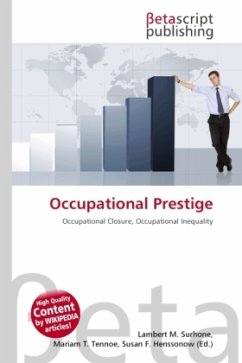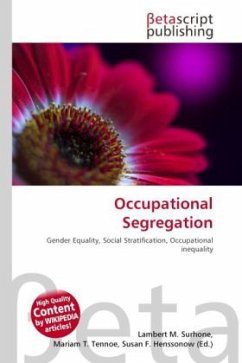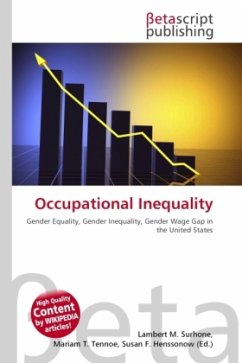High Quality Content by WIKIPEDIA articles! Occupational prestige (also known as job prestige) refers to the consensual nature of rating a job based on the collective belief of its worthiness. Job prestige did not become a fully developed concept until 1947 when the National Opinion Research Center (NORC), under the leadership of Cecil C. North, conducted a survey which held questions regarding age, education, and income in regard to the prestige of certain jobs. This was the first time job prestige had ever been researched, measured, and taught. Duncan's Socioeconomic Index (DSI) became one of the most important outcomes of this survey, as it gave various occupational categories different scores based on the surveys results as well as the result of the 1950 Census of Population. During the 1960s the NORC did a second generation of surveys which became the basis for the socioeconomic status score until the 1980s as well as the foundation for Trieman's International Prestige Scalein 1977.
Bitte wählen Sie Ihr Anliegen aus.
Rechnungen
Retourenschein anfordern
Bestellstatus
Storno








